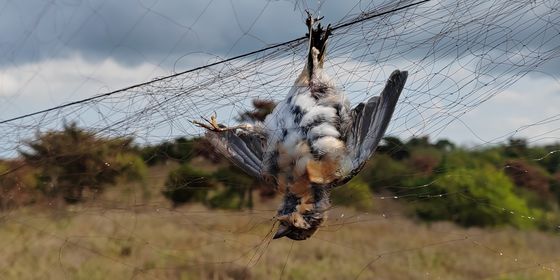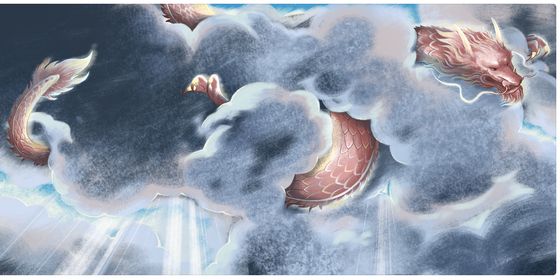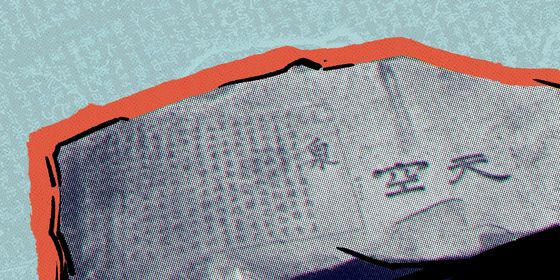Magpies for happiness, cuckoos for sorrow, and cranes for longevity—learn the symbolism of birds in China
With spring in full swing, birdsong fills the air in much of China. And just like many plants and creatures in China, birds can represent a range of different qualities, from sorrow (the cuckoo) to longevity (the crane) and romance (mandarin ducks).
Here are some symbolic birds that often appear in Chinese poetry, literature, and tradition:
Magpie: happiness and good luck
The magpie is “喜鹊 (xǐquè)” in Chinese with 喜 meaning “happy,” and perhaps because of this name they are often associated with good luck. In Li Shizhen’s (李时珍) Compendium of Materia Medica (《本草纲目》), a 16th-century Chinese medicine volume, the renowned physician wrote that magpies are “smart and can report good news, so they are called xique.” Even earlier, in the Spring and Autumn period (770 – 476 BCE), author Shi Kuang (师旷) asserted in his Encyclopedia of Birds (《禽经》): “Magpies bring good news.”













